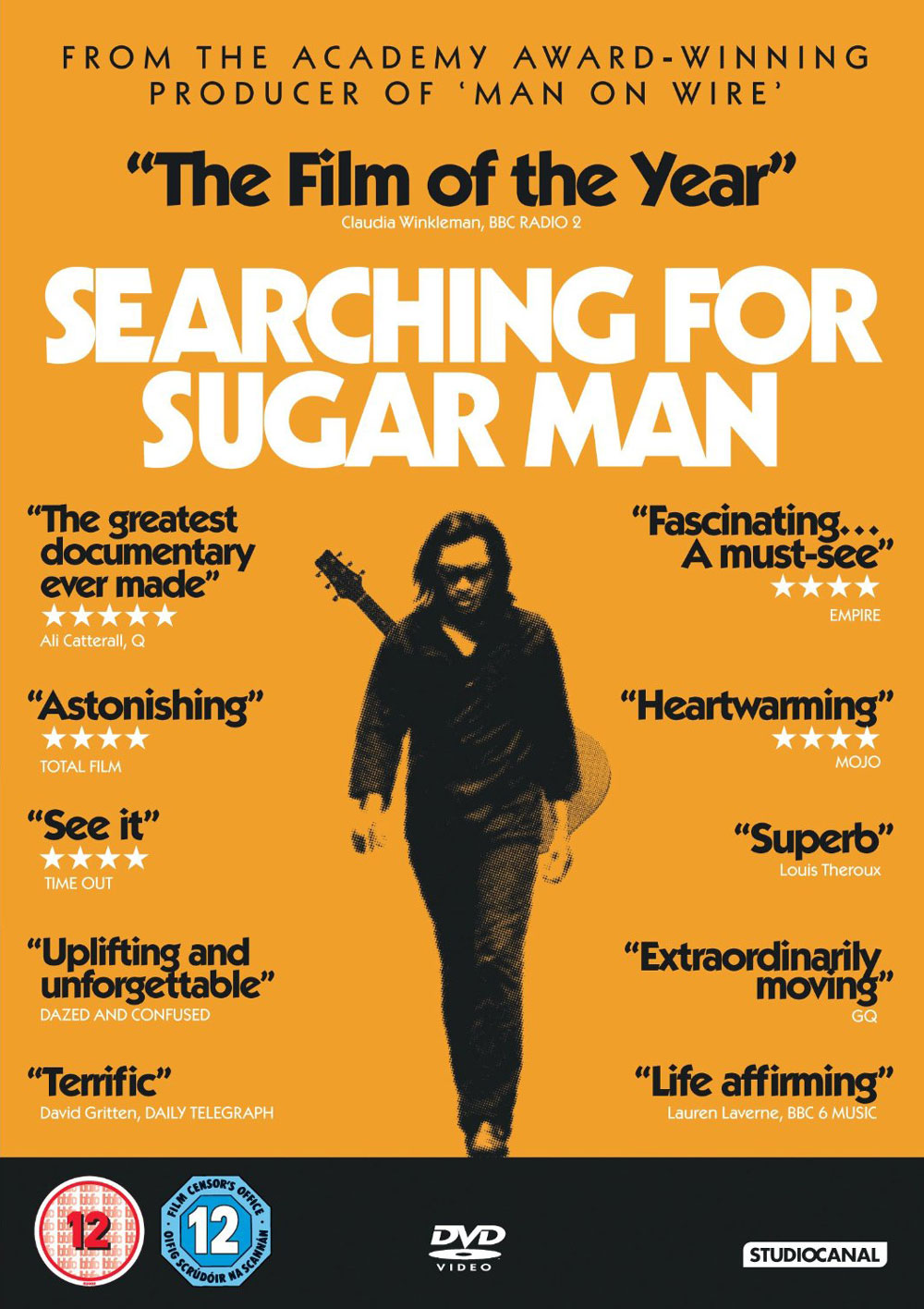

“You have to be super committed to choose the real food over junk food. “It’s like really, really hard,” Dokhoyan said. The challenging part is that sugar is found in a lot of foods under many names, and it is addictive and withdrawals may be experienced.įor those who don’t want to go completely sugar-free, Dokhoyan suggested a balance would be better. To start, they suggest cutting out sodas and food with added sugars and to eat fresh, whole foods instead. “Fed Up” proposes a challenge to viewers to go sugar-free for 10 days. “And I think it’s really important to understand that in our society, to be healthy is the more challenging route than to just to subscribe to a system that encourages obesity and unhealthy lifestyle.” “I think it was really enlightening to the fact that it’s not just a problem of individual will power and that we place the emphasis on just working to fight obesity in sometimes the wrong areas,” said Patrick Adams, a junior in environmental studies.
The sugar story documentary movie#
The reason exercise and dieting are ineffective so often, the movie claimed, is because of the large amounts of sugar in food, not so much because of personal laziness and lack of healthy choices. You choose to eat junk food or healthy food, but then, on the other hand, the movie was also saying that, ‘Okay it’s our fault, but also not.’” “Because like I was thinking, ‘Oh this is bad,’ and I was thinking this is your choice, like it’s us. “Probably the most interesting part of the movie was the commercials and how much we’re actually exposed to junk food,” Dokhoyan said. A majority of K-12 schools have a contract with either Pepsi or Coke to sell their products on school grounds, according to the movie. It’s insane.”Īlong with commercials, children get exposed to a lot of sugary foods at schools, which are sold at lunch time and in vending machines. “I was pretty surprised to see that there’s so much of it with our kids being like indoctrinated almost to this high-sugar or unhealthy diet and how close the private sector is to public schools,” said Kenneth Duhamel, an aviation major. From a very young age, children are exposed to and targeted for sugary-food commercials.

What’s also happening is that sugar is an addictive substance - eight times more addictive than cocaine, according to the movie. This has led to, Holberg said, a backlash of increased obesity and diabetes from trying to eat healthier. “We have these pre-processed foods that require not so much work on the back of the person preparing it, but those are going to have lots of sugar in them, because sugar is the way you reduce fat.” “So the movie makes the argument that, yes, we need to eat less sugar and part of the (message) was that we need to change how food is marketed and sold,” Holberg said. Although the amount of sugar is labeled on each food item, the daily value is not available. “So you may buy a food, not thinking about it having a lot of sugar, ’cause it’s like there are all these names which are not sugar, which we think, ‘Oh this is not sugar,’ but it actually is.”Īnother point the movie makes is that the food marketed as lean or reduced fat doesn’t help people who are dieting because the fat is replaced with sugar for better taste. “Sugar is not always, kind of like, in a sugar form,” said Lusine Dokhoyan, majoring in global climate. The problem with reducing the amount of sugar intake in diets, as suggested by the movie, is that sugar is in everything and is called by various names to hide its presence. So we’re eating six times as much sugar as we should be, and of course, most of that sugar is hidden.”Īccording to its website, the World Health Organization, or WHO, is responsible for creating policies and health standards along with monitoring health trends and providing leadership on global health matters within the United Nations system. At least that was true in 2012, and recommended by the World Health Organization is 25 grams of sugar a day. “The website claimed that we eat 153 grams of sugar a day, the average American. “If you go to the Fed Up website, they have all sorts of facts abut nutrition in the United States,” said Erica Holberg, a professor of philosophy.

The main theme was the effects of an overabundance of sugar in the average American’s diet. The new movie “Fed Up,” shown by the College of Humanities and Social Sciences on Tuesday, proposed an argument for the cause behind this epidemic. But what exactly is causing that increase is now being discussed.
The sugar story documentary how to#
How to stay healthy through exercise, eating well and cutting back on sweets have been common topics for the past 30 years, as obesity levels rise.


 0 kommentar(er)
0 kommentar(er)
